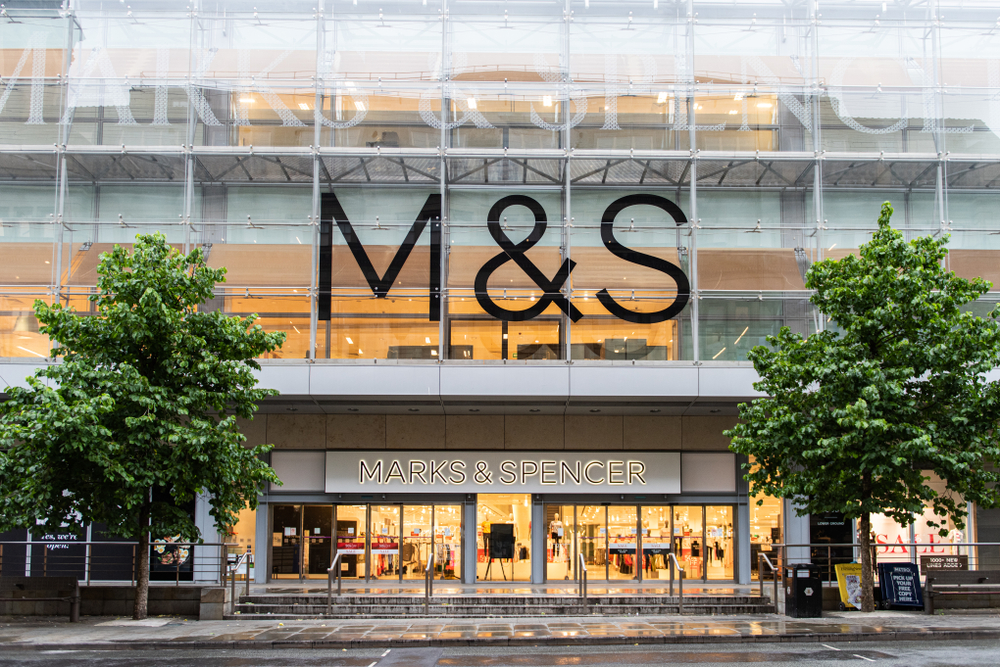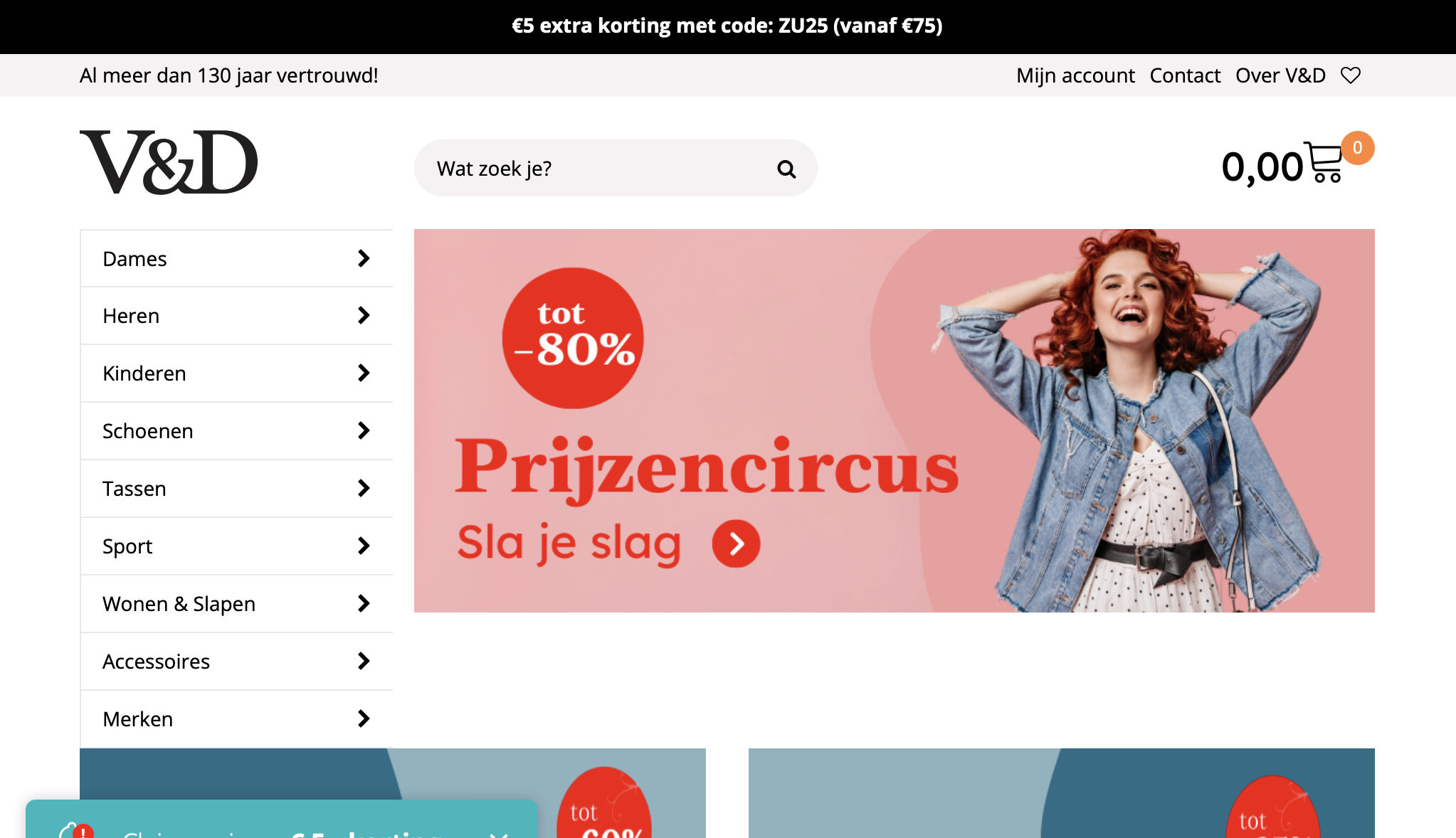The UK’s vote to leave the EU came as a major shock to many in ecommerce as well as our counterparts in the EU. The catapult into the unknown revealed an industry – and indeed a country – unsure of how it will conduct business across the continent. The impact on trading laws at home is also unclear.
As the shock begins to wear off, it’s becoming clear that there are opportunities as well as challenges ahead for UK-based internet retailers. The fall of the pound against the dollar and the euro mean that products on UK websites have become cheaper for shoppers overseas, although for retailers sourcing elsewhere, local sourcing may become more of a priority. Funding could be a big issue too in the near-to-medium term as investors become more cautious but it looks likely that London will remain a tech hub with its close proximity to finance and media companies. The answer to cross-border trading may yet lie in ‘de minimis’ tax levels keeping online orders exempt from tax.
“Britain’s products look better value than a week ago, so canny exporters will take advantage of this by being quick to market themselves aggressively to foreign customers,” said Alex Littner, Managing Director of Boost Capital, soon after the referendum.
One luxury retail brand told InternetRetailing that it instantly saw the effect of the drop in sterling as sales over the three days following the referendum increased by 8% as customers in other countries rushed to make the most of the ‘lower’ prices of British goods.
Kantar Retail also noted that international customers started to buy online from UK websites as soon as the pound started to fall on Friday, 24 June. It points to tweets as social media users from elsewhere in the world ordered, and indeed set up, Amazon accounts. “Amazon is incredibly creative when it comes to working across borders so we expect Amazon to do very well in the short term,” said Kantar Retail in its analysis.
It also says UK retailers will need to source goods locally in the face of the falling pound. Retailers such as pureplay grocery retailer Ocado would be hampered as they needed to cut back on imports, it said. Ocado, however, made no mention of the referendum in its first-half figures, out on 28 June.
Carpetright said in its full-year results on the same day that it was “cautious” about the effect of post-referendum uncertainty. Chief Executive Wilf Walsh said: “The outlook has been further complicated by the outcome of last week’s referendum and we are cautious about the impact the associated uncertainty will have on consumer confidence.”
Sports Direct has said the volatility of the pound, particularly against the dollar, is likely to affect its sourcing. “These factors are likely to impact purchases for which the company is not currently hedged for the full year 2017 period and beyond,” it said.
Seb James, Chief Executive of Dixons Carphone believes there will be an upside to the decision, despite the uncertainty and the volatility in both markets and sterling that it has brought. “The nation has spoken and there has been a vote to exit the EU in due course,” he said as he delivered full-year results at the end of June.
“As you can imagine we have been giving some thought to this. Our view is that, as the strongest player in our market and despite the volatility that is the inevitable consequence of such change, we expect to find opportunities for additional growth and further consolidate our position as the leader in the UK market,” he said.
Meanwhile, speaking at the IR Summit in Berlin, Gareth Rees-Jones, Global Digital Director of Topman told InternetRetailing: “it’s a disruptive time but I’m hopeful that great opportunities will come out of that. In times of disruption, great leaders emerge.”
David Stoddart, analyst at Edison Investment Research warns that whether or not the pound remains permanently lower will depend on the policies that the UK adopts: were it to remain lower, gross margins would be squeezed to the extent that buyers could not re-source or that absence of the external tariff did not provide an offset. In the short term, a plunge in sterling would see sharp rises in fuel pump prices that would divert spending from other areas. That presumes that the Remain campaign’s threats about the extent of the economic nuclear winter that would follow Brexit have been ignored and that consumers are still spending. If they are not, the prophecy will have become self-fulfilling and will have hastened the collapse of more retailers and more high streets.
Kantar Retail has some next steps for retailers. It says they now need to focus on areas where regulations are likely to change. Alongside food labelling and food packaging and social and environmental changes, it points to data as being a key area of focus – and one particularly relevant to ecommerce traders. “The European Union has spent extraordinary amounts of time setting rules on personal data privacy, corporate data security, policing of data and other issues related to cloud computing, data sharing and survey work,” it said. “The types of data that retailers have access to, how they gain access to it, and how they protect it will change.”
FUNDING INNOVATION
For companies seeking to raise funding or for those nearing a potential liquidity event, access to capital is likely to become more limited in the near-to-medium term. Investors are likely to be more cautious, resulting in lower valuations for those that can get funding, and the need for start-ups to manage cash more carefully under the assumption that funding will be harder to come by.
Daniel Murray, Co-founder and head of mobile at the mobile consultancy behind ‘the tinder-for-fashion’ app Grabble, believes that London will keep its tech hub status as tax breaks and the close proximity of the start up community to finance and media companies gives it an advantage over Germany with its Berlin tech centre but financial hub in Frankfurt.
But for those more established businesses with their European headquarters in London a move to the continent could be under serious consideration as the implications for harmonising their business activities across the EU become clearer. Oliver Prothmann, President of the Federal Association of Online Commerce BVOH hopes that Germany will benefit from any moves by these European and global companies looking elsewhere for their European headquarters.
The referendum also raises an issue of skills and talent and the recruitment marketplace being heavily impacted due to the potential lack of free movement that could be an immediate result of the UK leaving the EU. Within the IT and technology sectors, roles such as developers and engineers have been filled by qualified EU nationals, filling the skills void that we currently have within the UK with many companies already struggling to hire from the pool of experienced ecommerce professionals already. And, as Simon Crosby, CTO and co-founder of Bromium warns, “Over a third of research funding for universities in the UK comes from the EU. In the absence of new funding from the UK government, there will be a huge impact on universities’ ability to deliver highly skilled tech workers to the UK economy.”
So, what does the future look like? David Chau, Executive Director International Markets, Trusted Shops comments that should the UK follow a model of a bilateral treaty similar to Switzerland, shoppers purchasing from the UK from within the EU will be hit with customs tariffs and import duties. A level known as ‘de minimis’ is set at the value threshold below which duties do not need to be paid. There is the possibility that a high threshold could be set between the UK and the EU so that the majority of online orders are exempt.
However, as one Swiss retailer told InternetRetaling, tariffs make it prohibitive for goods which are returned from customers in the EU to be brought back to its warehouse in Switzerland. It’s cheaper to destroy them than import them back into the country he explains.
In the best case scenario, according to Chau, the EU and the UK signs a free trade agreement – similar to that agreed between the EU and Norway which has remained in the EEA.
UK retailers are not unaccustomed to change and disruption as the combined forces of the recession, digital change and international expansion have shown. Change is also something upon which entrepreneurs and leaders thrive seeing it as a challenge and opportunity. As Orlando Martins, CEO and Founder of ORESA Executive Search comments: “Our hope is that as a nation and as consumer industries, we will make opportunity out of perceived adversity and use this as a platform for long-term growth”. He adds: “What is certain is that the requirement for visionary leaders that innovate, collaborate, exercise empathy and have the intellectual horsepower to drive change will be essential to the survival and growth of our sectors”.
NEXT STEPS
Kantar Retail has been encouraging FMCG suppliers to take the following steps:
1. Update BREXIT risk analysis to include customer by customer assessments on both the profit & loss impact (cost of goods and operating costs) as well as balance sheet (cost of debt, ability to borrow, capital spending, and working capital costs)
2. Develop ways to unlock value from the supply chain
3. Stay close in touch with changing shopper values, particularly those that are exposed to Brexit concerns related to their finances and investments
4. Build top-to-top plans focused on helping leading retailers make a smooth transition and schedule the meetings as soon as the opportunity is right
5. Align trade terms length with retailers in the UK to the Brexit timetable(s)
6. Manage the transition away from European sourcing supply chains and integrated pricing platform planning platforms
7. Prepare a transition team to help manage and coordinate the transition




